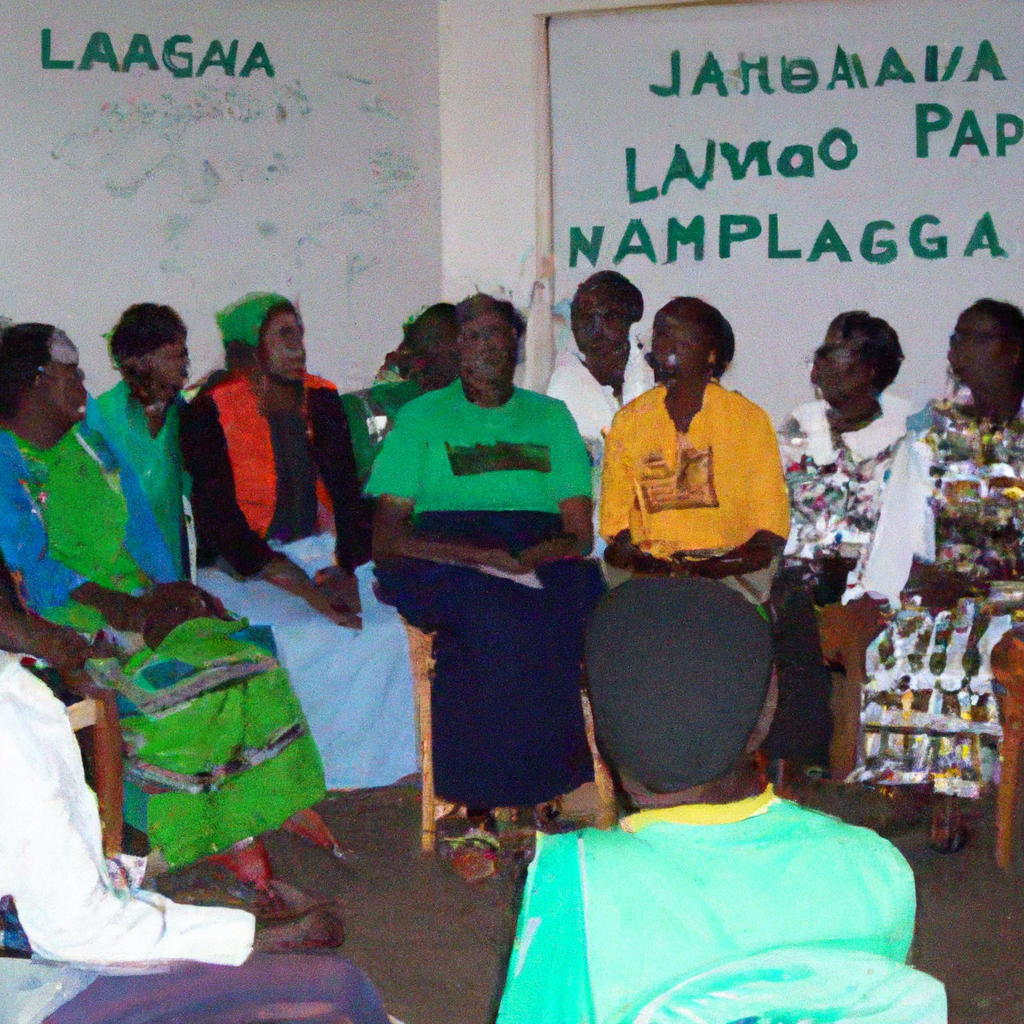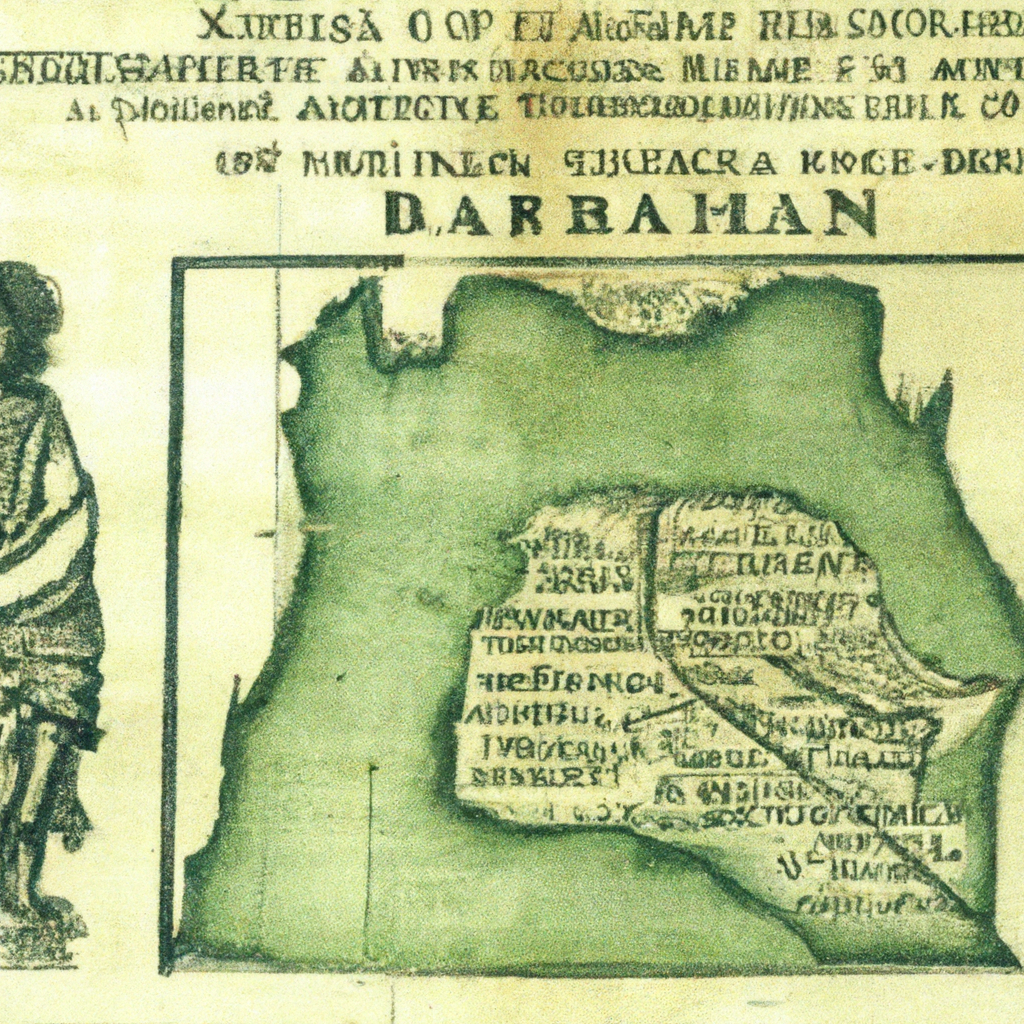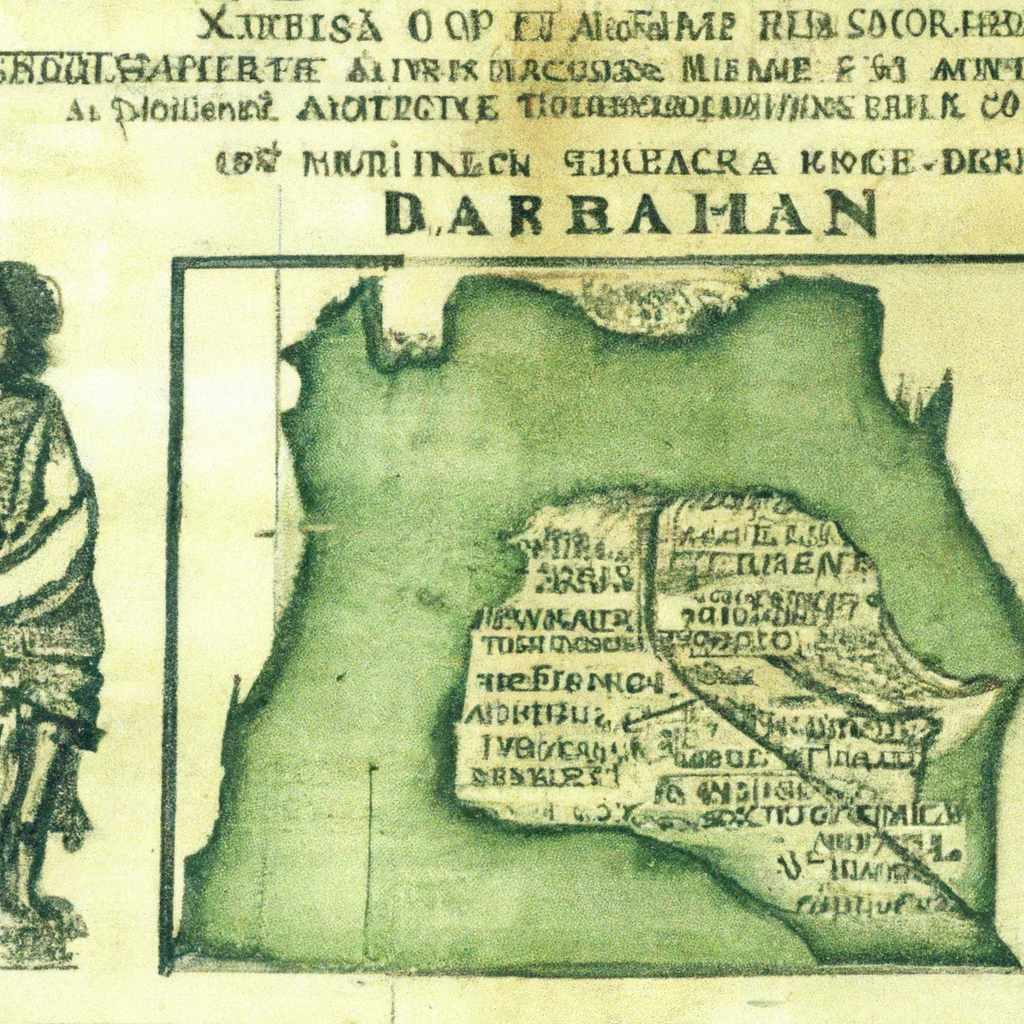Kenya, a diverse and vibrant country in East Africa, is known for its stunning landscapes, wildlife, and rich cultural heritage. With over 40 different ethnic groups, it comes as no surprise that Kenya is a melting pot of languages. While English serves as the lingua franca for business and education, there are several other languages spoken throughout the country. So, what is the official language of Kenya? Let’s explore the linguistic tapestry of this remarkable nation and discover the language that unites its people.
What Is The Official Language Of Kenya?

Introduction
Kenya, located in East Africa, is a diverse and culturally rich country with a fascinating linguistic landscape. With various ethnic groups and indigenous languages spoken throughout the country, one may wonder what the official language of Kenya is. In this article, we will explore the historical background, current official language, importance of language, languages spoken in Kenya, the Swahili language, the English language, use of indigenous languages, language policy in Kenya, and its impact on education.
Historical Background
Kenya’s linguistic history is deeply rooted in its diverse ethnic groups and the colonial era. Before the arrival of European colonizers, each ethnic group had its own distinct language or languages spoken among its members. The introduction of colonialism, primarily by the British, brought sweeping changes to the linguistic landscape of Kenya. During this period, English emerged as a dominant language due to the influence of the British Empire.
Current Official Language
Despite the colonial influence, Kenya’s current official language is not English, but rather a language of African origin called Swahili. Swahili, also known as Kiswahili, gained official status in Kenya upon gaining independence from British colonial rule on December 12, 1963. Since then, Swahili has been recognized as the national and official language of Kenya, widely used in government, education, media, and everyday communication.

Importance of Language
Language plays a crucial role in fostering national unity, promoting cultural heritage, and enabling effective communication within a country. In the case of Kenya, the adoption of Swahili as the official language was a significant step towards promoting unity and inclusivity among its diverse ethnic groups. Swahili serves as a common language that bridges linguistic barriers and allows people from different backgrounds to communicate and understand each other better.
Languages Spoken in Kenya
Kenya is a linguistically diverse country, with over 60 indigenous languages spoken across its various ethnic groups. These languages belong to four major language families: Bantu, Nilotic, Cushitic, and Khoisan. While Swahili and English have gained prominence as widely spoken languages, particularly in urban areas, many indigenous languages still thrive and contribute to the cultural richness of the nation.
Swahili Language
Swahili is a Bantu language that originated from the coastal regions of East Africa. It has since evolved into a lingua franca, spoken by millions of people across East Africa. Swahili is known for its simplicity and its influence from Arabic, making it an accessible language to learn. It carries a sense of national identity and pride in Kenya, serving as a unifying language that brings people together despite their diverse ethnic backgrounds.
English Language
English, inherited from the colonial era, maintains a prominent position in Kenyan society. While Swahili is the official language, English is widely used in business, administration, education, and the media. It serves as a language of upward mobility, providing opportunities for Kenyans to participate in the global economy, access higher education, and engage in international communication. English proficiency also opens doors to employment opportunities both within Kenya and abroad.
Use of Indigenous Languages
Despite the dominance of Swahili and English, many Kenyans proudly embrace and use their indigenous languages in their daily lives. Indigenous languages serve as a means of cultural preservation, allowing communities to pass down traditions, values, and stories from one generation to the next. In rural areas, where access to education and exposure to official languages may be limited, indigenous languages remain essential for effective communication and community cohesion.
Language Policy in Kenya
Kenya’s language policy reflects the country’s commitment to promoting linguistic diversity while fostering national unity. The Constitution of Kenya recognizes Swahili as the national language and promotes its use in various sectors. Moreover, it emphasizes the importance of preserving and promoting indigenous languages, acknowledging their significance in cultural identity and heritage. With this policy framework, Kenya aims to strike a balance between the use of official languages and the preservation of indigenous linguistic traditions.
Impact on Education
Language plays a vital role in education, as it directly affects students’ ability to understand and participate in the learning process. In Kenya, the language policy in education aims to provide access to quality education for all students, regardless of their linguistic background. Swahili serves as the medium of instruction in primary school, ensuring that students have a strong foundation in the national language. English is gradually introduced as a subject in upper primary and becomes the primary medium of instruction in secondary and tertiary education, preparing students for higher education and the global job market.
In conclusion, while English carries historical significance and plays a significant role in various sectors, Swahili holds the official language status in Kenya. Swahili serves as a unifying language, bridging linguistic barriers and fostering national unity. Through the recognition and preservation of indigenous languages, Kenya embraces its linguistic diversity, enriching its cultural fabric. By promoting linguistic inclusivity and language policy in education, Kenya ensures that its citizens have equal opportunities to access education and participate in the country’s development.

